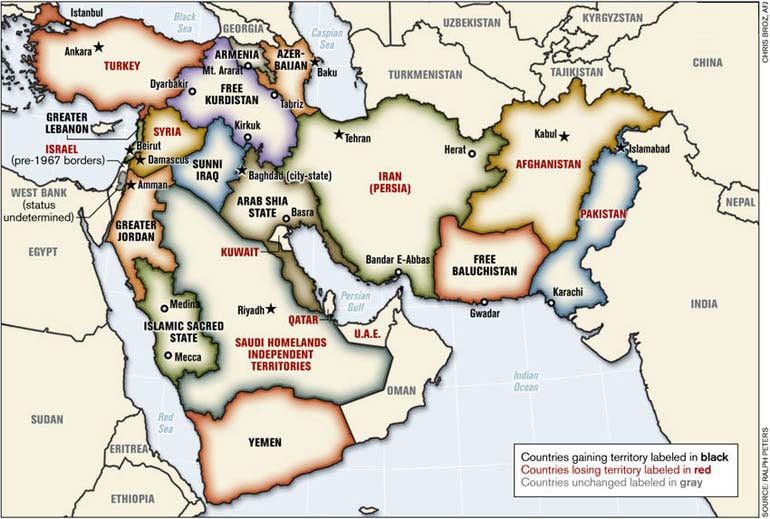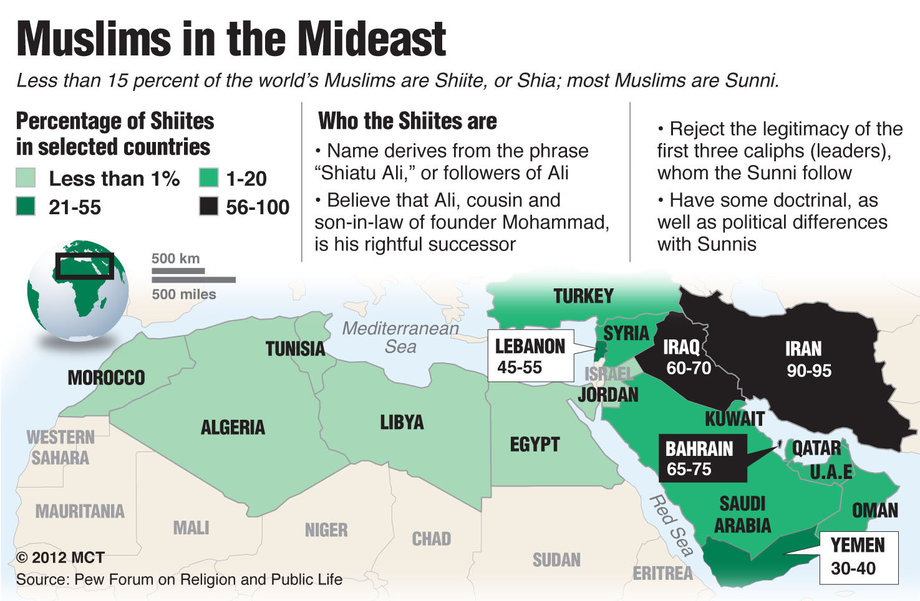Re: Phuoc Long Redux
if the americans and iranians both "adopt" the iraqi shia, won't we make a sweet couple? as much as i'd like to think this might provide an impetus to an iranian-american detente, my native pessimism makes me doubt it.
i don't think we have a dog in this fight, and we would be wisest to stand back and let the saudi and gcc funded sunnis and the iranian funded shia go at it.
the global danger here is that this turns into a chinese- american proxy war, with china arming the shia via iran, and the u.s. providing weaponry, intelligence and "advisors" to the sunni's via the saudi's. militating against that will be china's desire to run a protection racket on the saudis, and the u.s.' global retreat and growing isolationism.
we live in interesting times.
The involvement of Iran would pose yet another security challenge for the White House, and raises the prospect of the U.S. and Iran fighting on the same side.
if the americans and iranians both "adopt" the iraqi shia, won't we make a sweet couple? as much as i'd like to think this might provide an impetus to an iranian-american detente, my native pessimism makes me doubt it.
i don't think we have a dog in this fight, and we would be wisest to stand back and let the saudi and gcc funded sunnis and the iranian funded shia go at it.
the global danger here is that this turns into a chinese- american proxy war, with china arming the shia via iran, and the u.s. providing weaponry, intelligence and "advisors" to the sunni's via the saudi's. militating against that will be china's desire to run a protection racket on the saudis, and the u.s.' global retreat and growing isolationism.
we live in interesting times.








Comment